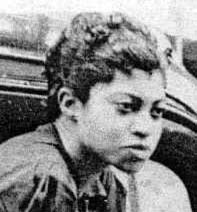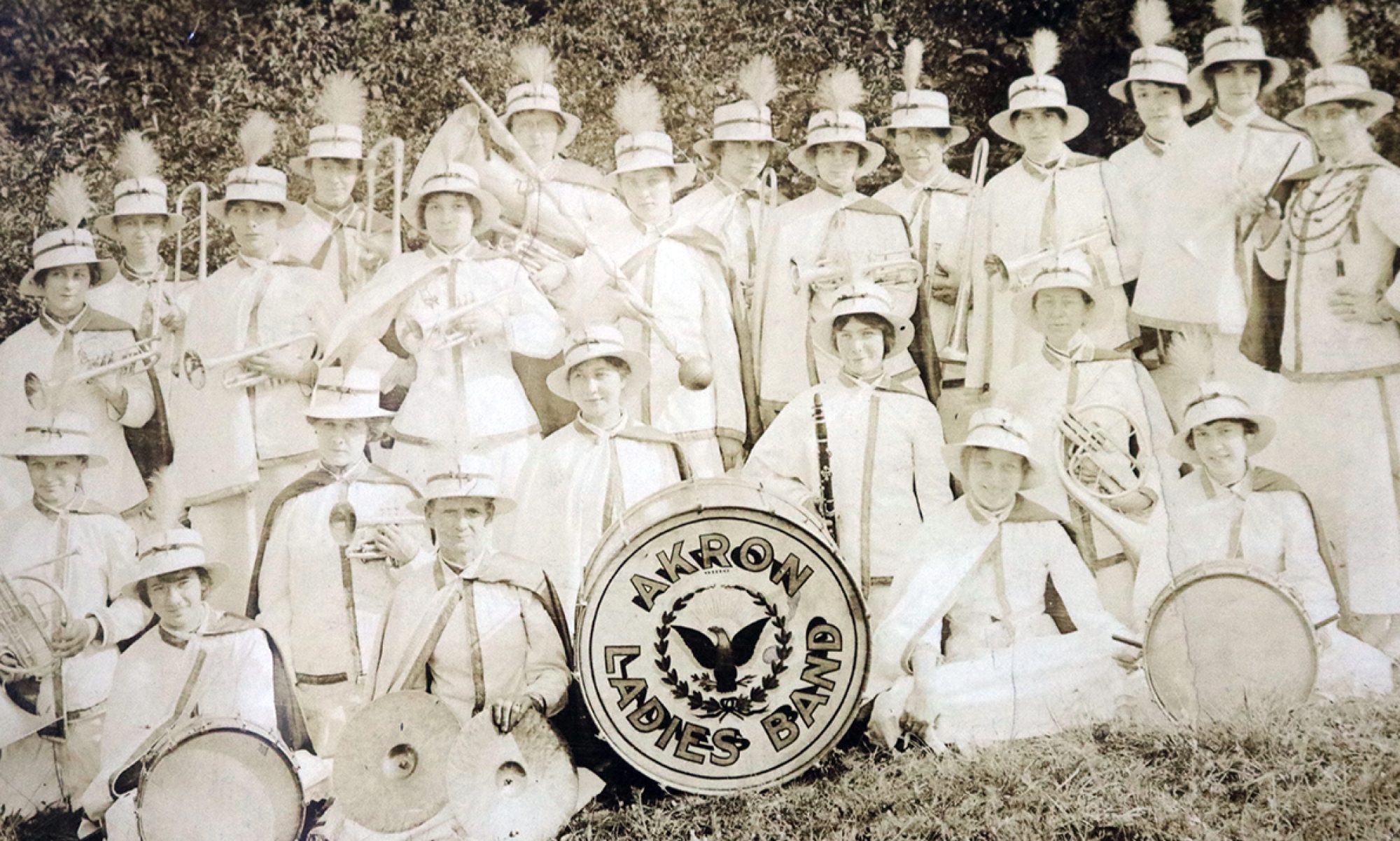
Salaria Kea O’Reilly fought many battles in her life. Growing up in Akron in the 1920s, she faced racial discrimination. In the 1930s and 1940s, as a nurse, she fought the powers of Fascism.
Salaria Kea came to Akron with her mother and two brothers when she was just six months old. Her father was dead.
If the Keas thought that Akron would be an ideal living environment, they were soon proved wrong. Salaria Kea faced discrimination every day. When she wanted to learn to swim, she had to go to Lorain to learn; African Americans were not allowed to swim in Akron pools. Kea wasn’t allowed to play basketball at the high school she attended, Central, so she transferred to West where African Americans could participate in athletics.
While still at West, she worked in the office of Dr. Bedford Riddle, a successful African-American physician in the city. It was there she committed to a career in medicine.
Kea went to the Harlem Hospital Training School in New York City to become a nurse. While there, she came into contact with a politically active African-American community. In 1935 when Fascist Italy invaded Ethopia, these leaders organized a United Aid for Ethopia Committee to send much needed food and medical supplies to that country. Kea, a nurse at Harlem Hospital, initiated a fund-raising drive that sent a 75-bed hospital to Ethopia.
In 1936 when General Francisco Franco, supported by the Nazis in Germany, moved to overthrow the Spanish Republic, some Americans protested. A few politically concerned doctors in New York City organized the American Medical Bureau to Aid Spanish Democracy to raise funds to send medical supplies and personnel to Spain. The fundraising was easy. It was far more difficult to recruit the medical personnel to go to Spain.
At about this time, Kea offered her services to the Red Cross to help flood victims in Ohio, but the Red Cross declined the offer. Kea remembered, “the color of my skin could make more trouble than I’d be worth for them” (Peter Carroll, Odyssey of the Abraham Lincoln Brigade: Americans in the Spanish Civil War, p. 69). When a friend heard that story, she suggested that Kea go to Spain instead; Kea followed that suggestion. She was the only African-American woman to join Abraham Lincoln Brigade, a group of young American volunteers who went to Spain to work for the Republic.
While in Spain, she met American poet Langston Hughes who described her as a “slender chocolate-colored girl,” who worked as a nurse in the American Hospital under very primitive conditions. The plumbing often did not work in the hospital and she and the other nurses had to use non-conventional methods to provide the medical care the patients needed. Hughes reported that a physican ordered that a wounded soldier be warmed by using hot-water bags. But there was no hot water to be had and the diluted kerosene would not light. Kea went to the kitchen and filled the water bags with hot soup and kept the wounded soldier alive (Langston Hughes, I Wonder as I Wander: An Autobiographical Journey, pp. 380-382).
While in Spain, Kea was captured by Franco’s forces. In a 1979 interview with the Beacon Journal, Kea remembered, “Every morning at 4 a.m., the Germans with swastikas would come down and get me” and bring her above ground so she could witness the massacre of civilians. Seven weeks later, Kea escaped, returning to the American Medical Unit. She had to return to the United States, however, when she was wounded while working in a field hospital.
During World War II, Kea volunteered to work as a nurse with the U.S. Army in Europe. After the war, she and her Irish husband John P. O’Reilly lived in New York before returning to Akron in the mid-1970s. Salaria Kea O’Reilly died in May 1990.
Photo courtesy of Women’s History Project of the Akron Area.
–Kathleen L. Endres
